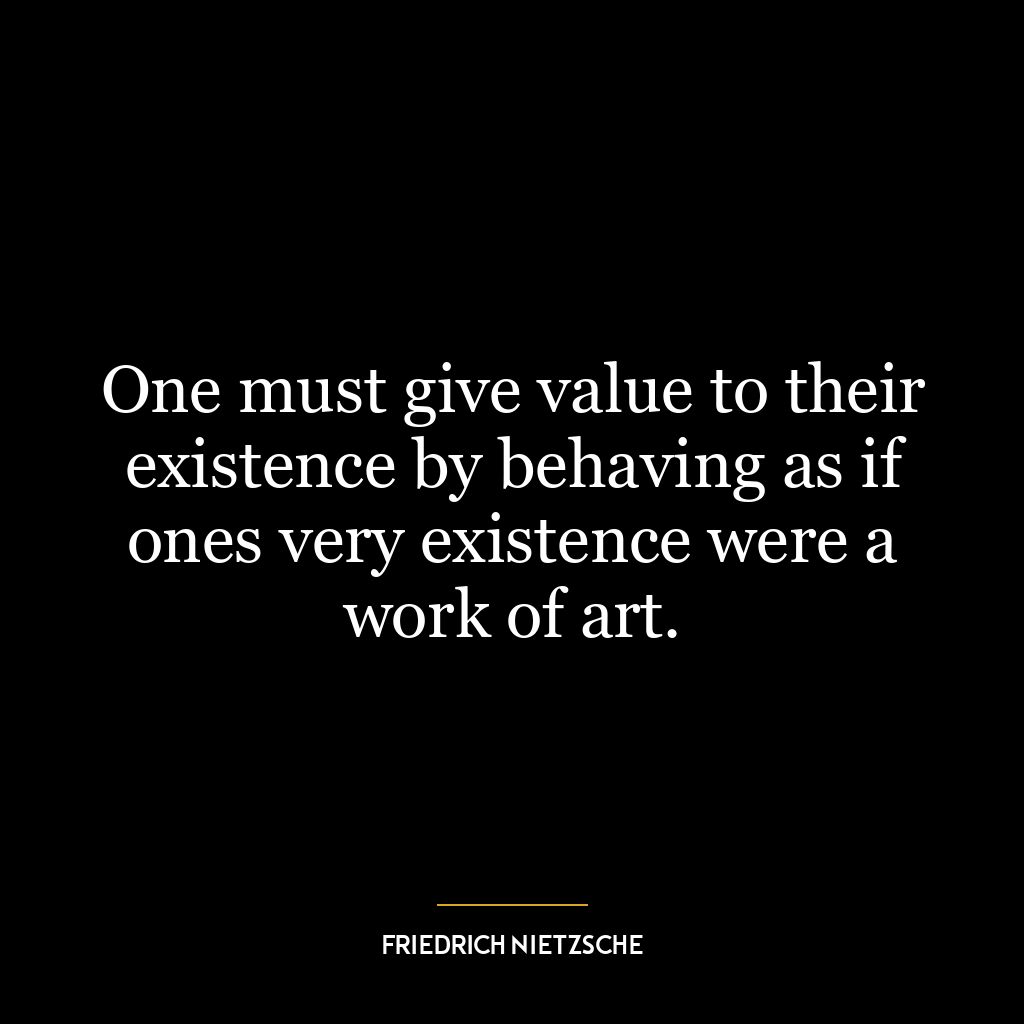The usual false conclusions of mankind are these: a thing exists, therefore it has a right to exist.
This quote suggests that people often mistakenly equate existence with inherent worth or right. Simply because something exists, doesn’t mean it should, or that it is good, beneficial, or justified. This is a common logical fallacy that humans tend to make, often leading to the perpetuation of harmful or outdated systems, ideas, or behaviors.
For instance, consider the existence of social practices or norms that may be harmful or oppressive. Just because they exist and have existed for a long time, doesn’t mean they are right or should continue to exist. They may need to be challenged, re-evaluated, and perhaps changed or eliminated.
In terms of personal development, this quote can be applied to our habits or beliefs. We may hold onto certain habits or beliefs simply because they’ve been with us for a long time. However, this doesn’t mean they are beneficial or productive. It’s important to constantly reassess our habits, beliefs, and attitudes, and discard those that no longer serve us, even though they exist within us.
In the context of today’s world, this quote can be applied to various societal issues. For example, systemic racism, gender inequality, or environmental degradation. Just because these issues exist, doesn’t mean they are justified or should continue to exist. They need to be addressed and resolved.
Therefore, the quote encourages critical thinking and continuous reassessment of the status quo, both at a personal and societal level. It urges us not to accept things simply because they exist, but to question their value, purpose, and impact.















